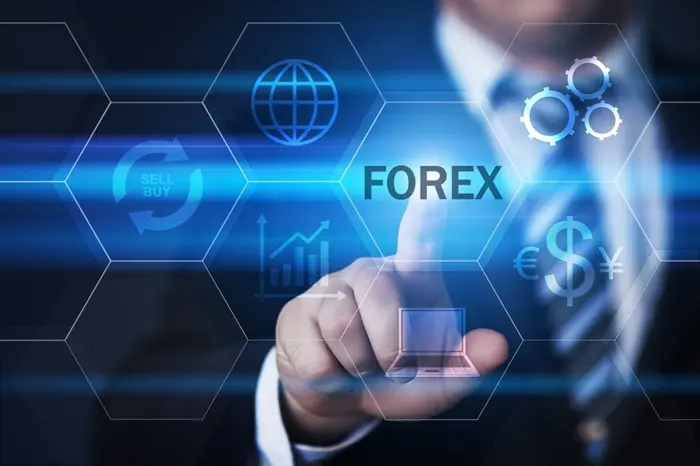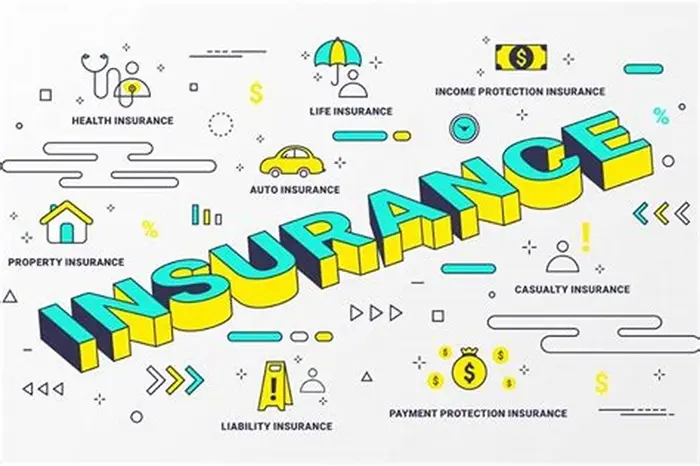The foreign exchange (Forex) market is one of the largest and most liquid financial markets in the world. It plays a vital role in global commerce, influencing everything from trade balances to the global economy. The Forex market allows currencies to be traded against one another, and the rates at which currencies are exchanged determine how much a currency is worth relative to another. But how long has Forex been around? How did it develop into the massive market we know today?
In this article, we will explore the history of the Forex market, from its origins to its current status, and discuss the significant events that shaped its development. Understanding the history of Forex helps us appreciate its importance and the reasons for its current structure.
The Early Days of Currency Exchange
Currency exchange dates back thousands of years to ancient civilizations. Early forms of money, such as gold, silver, and other precious metals, were used for trade between different groups, nations, and regions. As societies grew, so did the need for standardized and regulated forms of currency.
Ancient Civilizations and the Emergence of Trade
The concept of currency exchange began to take shape with the introduction of coinage in ancient Lydia (modern-day Turkey) around 600 BC. The Lydians are credited with creating the first coins made of precious metals, which were used in trade across borders. As trade expanded, so did the need to exchange different forms of money. This practice laid the foundation for the foreign exchange market, as merchants and traders started exchanging one form of money for another to facilitate trade.
The Birth of Modern Banking and Currency
In the medieval period, the development of modern banking institutions played a significant role in the evolution of currency exchange. The introduction of bills of exchange by Italian merchants during the 13th century provided a new method of transferring money across borders. These bills were essentially promises to pay a specified sum of money in the future and became the precursor to modern-day banknotes.
During the 16th and 17th centuries, European colonial expansion brought new currencies into circulation. These were often based on precious metals like gold and silver. The expansion of trade routes and the establishment of colonial empires required more sophisticated methods for currency exchange, leading to the emergence of foreign exchange markets in major trading centers like London and Amsterdam.
The Gold Standard Era: A Key Turning Point
The Forex market as we know it today began to take shape during the 19th century, particularly with the introduction of the gold standard. The gold standard was a system in which the value of a country’s currency was directly tied to a fixed quantity of gold. This system provided stability to the world economy and facilitated international trade, as the exchange rates between different currencies were fixed and could be determined by the price of gold.
The Establishment of the Gold Standard
The United Kingdom adopted the gold standard in 1821, followed by other countries such as France and the United States. This system became the basis for international trade, with major currencies being pegged to gold. The stability of the gold standard helped create a more predictable environment for currency exchange.
As countries continued to grow economically and politically, central banks were established to regulate their national currencies. These institutions played a key role in managing the gold standard and maintaining exchange rate stability.
The End of the Gold Standard
Despite its initial success, the gold standard faced significant challenges, particularly during periods of economic instability such as the Great Depression. In 1931, the United Kingdom left the gold standard, and by 1971, President Richard Nixon of the United States announced that the U.S. dollar would no longer be backed by gold. This marked the end of the gold standard era and the beginning of the modern Forex market, where currencies were allowed to float freely based on market demand and supply.
The Bretton Woods Agreement and the Rise of Forex Trading
After the collapse of the gold standard, the Bretton Woods Agreement was established in 1944 to create a new global monetary system. The agreement aimed to promote international economic cooperation and stability by pegging major currencies to the U.S. dollar, which was itself backed by gold. Under this system, the U.S. dollar became the primary reserve currency for international trade.
The Bretton Woods System
The Bretton Woods Agreement established fixed exchange rates between the U.S. dollar and other major currencies. Countries were required to maintain their exchange rates within a narrow band, with adjustments only allowed in extreme circumstances. This system provided stability to the global economy, but it also created limitations. For example, countries with trade imbalances had to maintain high reserves of gold and U.S. dollars to support their currencies.
The Demise of the Bretton Woods System
In 1971, the United States experienced significant economic pressure due to inflation and the costs associated with the Vietnam War. As a result, President Nixon took the U.S. off the gold standard, effectively ending the Bretton Woods system. This led to the introduction of floating exchange rates, where currencies were no longer pegged to a specific value but instead determined by market forces.
The shift to floating exchange rates was a pivotal moment in the history of Forex. It allowed currencies to be traded freely based on supply and demand, leading to the creation of the modern Forex market.
The Modern Forex Market: The 1980s and Beyond
The 1980s marked a turning point in the development of the Forex market. Advances in technology, the rise of online trading platforms, and the liberalization of financial markets all contributed to the growth of Forex trading. The global economy became more interconnected, and the Forex market became accessible to individual traders, not just banks and large financial institutions.
The Rise of Electronic Trading
In the 1980s, banks and financial institutions began to use computers to facilitate currency exchange. This allowed for faster and more efficient transactions, leading to the growth of Forex trading. By the early 1990s, electronic trading platforms emerged, making it easier for individual traders to access the Forex market. Online brokers provided retail traders with the tools they needed to trade currencies from anywhere in the world.
The Impact of Globalization
Globalization in the 1990s and 2000s further fueled the growth of the Forex market. As trade between nations increased, so did the demand for currency exchange. The Forex market became more liquid, with daily trading volumes reaching trillions of dollars. Central banks, multinational corporations, and hedge funds became active participants in the market, further driving its expansion.
The introduction of leverage, which allows traders to control large positions with smaller amounts of capital, also played a significant role in making Forex trading accessible to a wider range of participants.
The Role of Central Banks and Economic Events
The actions of central banks and major economic events continued to influence the Forex market. Interest rate decisions, inflation reports, and geopolitical events all had a significant impact on currency values. Traders and investors closely monitored these factors, using economic data to predict currency price movements.
The Current State of the Forex Market
Today, the Forex market is the largest and most liquid financial market in the world. It operates 24 hours a day, five days a week, with an average daily trading volume of over $6 trillion. The market is decentralized, with no central exchange, and it is accessible to individuals, corporations, governments, and financial institutions alike.
The Growth of Retail Forex Trading
The rise of online trading platforms and the growth of retail Forex brokers have made it easier for individual traders to participate in the market. Retail traders can now trade a wide range of currency pairs with low transaction costs and access to advanced trading tools.
The Impact of Technology
Technology continues to play a critical role in the Forex market. Algorithmic trading, artificial intelligence, and machine learning are increasingly being used to analyze market data and execute trades. These technological advancements have made the market more efficient, but they have also introduced new challenges, such as increased volatility and the potential for market manipulation.
Conclusion
The Forex market has a rich and fascinating history that dates back to ancient times. From the early days of currency exchange in ancient civilizations to the rise of electronic trading in the modern era, the Forex market has evolved significantly. The key events, such as the introduction of the gold standard, the Bretton Woods Agreement, and the shift to floating exchange rates, have all played pivotal roles in shaping the market into what it is today.
Forex trading has grown from a practice used by banks and large financial institutions to a global market accessible to individuals worldwide. With the advent of technology and the growth of online trading platforms, the Forex market is more liquid, efficient, and accessible than ever before.
As the Forex market continues to evolve, it will remain a key driver of the global economy, influencing everything from international trade to monetary policy. Understanding the history and development of Forex helps traders and investors navigate the complexities of the market and appreciate its vital role in the world economy.
Related topics:

































